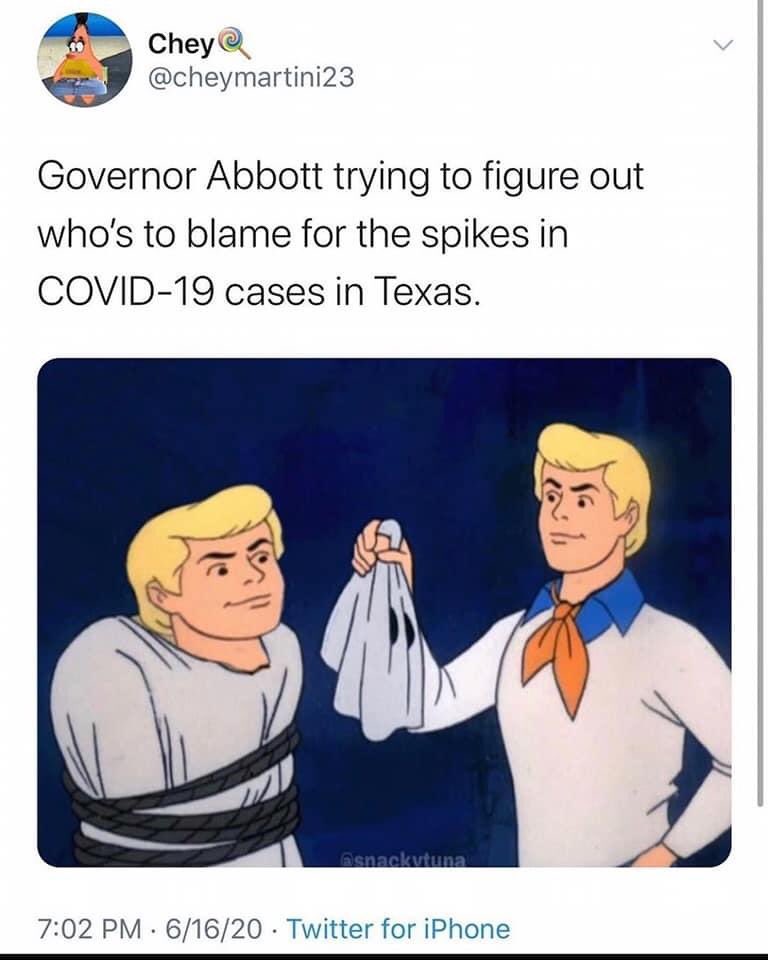Abbott and Paxton take another L.
A temporary order that allows the City of San Antonio and Bexar County to require masks in their buildings will stay in place until a lawsuit challenging an executive order goes to trial in December, the 4th Court of Appeals ruled Wednesday.
In another blow to Gov. Greg Abbott’s executive order, U.S. District Judge Lee Yeakel ruled Wednesday in Austin that the ban on mask mandates in schools violates the Americans with Disabilities Act — freeing local officials to again create their own rules, according to The Texas Tribune.
After San Antonio and Bexar County sued Abbott over his July executive order that prohibited local governments from issuing mask mandates, a Bexar County district judge issued a temporary injunction in August. That temporary injunction gave the city and county the ability to require masks inside city- and county-owned facilities as well as in public schools that teach pre-kindergarten through 12th grade.
The 4th Court of Appeals had already upheld the temporary injunction after Texas Attorney General Ken Paxton appealed the trial court’s decision and argued that his appeal automatically blocked the city and county’s mask mandate. That decision made in August was temporary until the appellate court could take up the matter and issue a more final decision, which occurred Wednesday, said Larry Roberson, civil division chief of the Bexar County District Attorney’s office.
“This is the opinion on the temporary injunction,” he said. “The earlier issues were just procedural.”
The city and county argued that the governor’s executive order exceeded his scope of authority by blocking local governments from creating public health prevention measures. They also argued that by not having the ability to enforce their own public health measures, coronavirus transmission would be more widespread without masks and cause irreparable harm.
Their arguments were enough to validate the need for a temporary injunction, three judges on the 4th Court of Appeals found.
“We conclude that the City and County have pled sufficient facts to establish that their injuries are ‘likely to be redressed by the requested relief,’” Chief Justice Rebeca C. Martinez wrote in the appellate court’s opinion issued Wednesday.
See here for the previous update and here for the court’s opinion. I will note that this is still a temporary restraining order and that the merits of the case will be heard at trial on December 13. That said, I will also note these sentences from the opinion, which addresses the question of whether Abbott had the power to forbid local governments from issuing mask mandates with the emergency powers granted to him under the Texas Disaster Act of 1975:
We hold Section 418.016(a) does not provide the Governor with the authority he claims to suspend statutes that concern local control over public health matters or to prohibit local restrictions on face coverings.
[…]
Applying the plain language of the Act, we conclude the City and County demonstrated a probable right to relief that the Governor’s power to suspend laws, orders, and rules under section 418.016(a) does not include the power to prohibit face-covering mandates that local governments may adopt to respond to public-health conditions or the power to suspend public-health statutes authorizing local governments to act for the benefit of public health.
[…]
Because the Governor possesses no inherent authority to suspend statutes under the Texas Constitution and he exceeded the scope of statutory authority granted to him by the Legislature, his actions in issuing Executive Order GA-38 were done without authority.
In between is a bunch of technical legal stuff that will make your eyes glaze over, but the bottom line is that this directly addresses the claim that the Governor’s emergency powers allow for him to suspend local orders that are intended to mitigate the disaster in question, an authority that would seem to contradict the whole purpose of a “Disaster Act”. We’ve discussed that several times here, and while that question will surely come up again in the trial court hearing and later on appeal, it’s good to see this basic idea affirmed here by the appellate court. May such common sense continue to prevail as this moves on to the trial stage. The Current has more.

